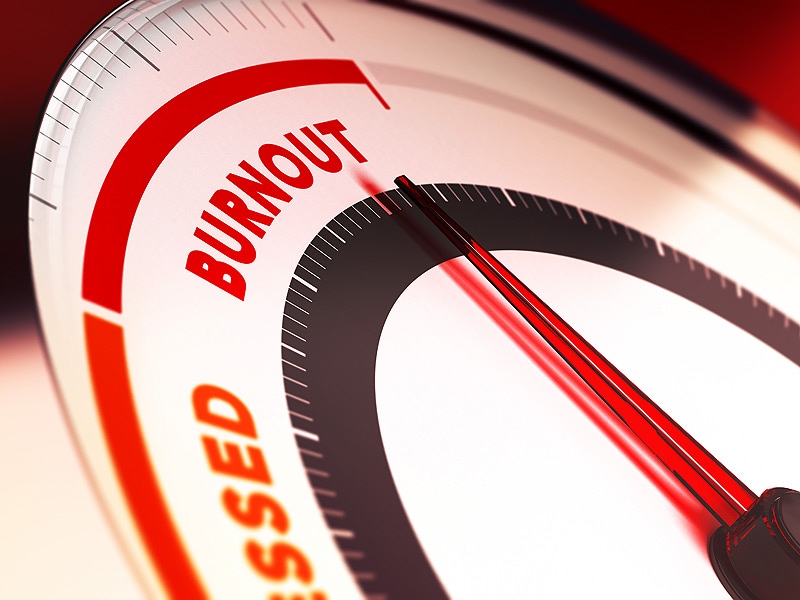
Abundant evidence exists to show that workplace stress for healthcare professionals affects their health and the quality of care they can give to patients, new research found.
The report for the General Medical Council (GMC) found that GPs were often lonely, pressed for time, and subject to depression and anxiety.
Caring for doctors, Caring for patients identified a need to address the wellbeing of doctors.
Recommendations included compassionate leadership models to give doctors more say over the culture of their workplaces, adopting minimum standards of food and rest facilities, and standardising rota designs to take account of workload and available staff.
The report was led by Prof Michael West, an organisational psychologist, to examine root causes of poor wellbeing, and solutions that could be applied in primary and secondary care.
Evidence was taken from clinicians working across a range of disciplines around the UK.
Stress and Burnout
It cited a Commonwealth Fund survey of GPs across 11 countries which found that GPs in the UK had the highest levels of stress, with 59% reporting that their job was 'extremely stressful' or 'very stressful', compared with an average of 35%.
GPs were the second most likely group of respondents in a 2019 BMA survey of 4300 doctors and medical students to have a 'high' or 'very high' risk of burnout – behind doctors in training.
Doctors working in emergency medicine were amongst those experiencing the highest levels of burnout, the survey found. It said that in 2019, 69.2% of trainees and 63% of trainers reported moderate or high levels of burnout.
The review found examples of individual employers and clinical teams implementing local solutions to address issues affecting the health and wellbeing of doctors.
"UK health services can be a model for the world in creating compassionate workplaces that promote doctors' wellbeing through meeting their core work needs," commented Prof West. "We can’t simply go on the way we are, loading more responsibility onto doctors already struggling to cope. Where workloads are excessive, patient care suffers.
"We heard some astonishing stories, of doctors being denied leave for a relative's funeral and sleeping in their car, too exhausted to drive home from a shift."
The review found that doctors had an 'ABC of core needs' to help them cope and stay motivated. These were:
Autonomy/control – the need to have control over work lives and to act consistently with work and life values
Belonging – the need to be connected to, cared for, and caring of others in the workplace, and to feel valued, respected and supported
Competence – the need to experience effectiveness and deliver valued outcomes, such as high-quality care
Charlie Massey, the GMC's chief executive, said: "Medicine has always been a high-pressure career, but doctors are telling us that the demands on them are now so great they risk becoming unmanageable.
"As a result, their own health suffers, and patient care is compromised.
"Solutions are not easy, but this report shows that there are already many examples of great practice to build from."
Reaction to the Report
Dr Rinesh Parmar, chair of the Doctors' Association UK, commented: "This report brings into stark reality what we as doctors have been saying for many years; an increasing workload without a corresponding growth in support, a toxic culture of blame, and discrimination on the basis of ethnicity all still exist in the NHS today.
"These no doubt contribute to the rising levels of stress, burnout, and mental health conditions reported by doctors and medical students."
Dr Chaand Nagpaul, council chair of the British Medical Association, said: "There is a worrying cycle at play as the mental health crisis among the workforce, and resulting absenteeism, places further pressure on the system and staff - patient care and performance inevitably suffer.
"These pressurised environments give rise to a climate of fear as many doctors carry the burden of having to often deliver care in near-impossible circumstances without the necessary support."
The Royal College of Physicians said the report underlined its call for the next Government to invest in the health workforce, public health, NHS estates, and social care.
Read Again https://www.medscape.com/viewarticle/921409Bagikan Berita Ini














0 Response to "GMC Concern Over Lonely and Pressured GPs - Medscape"
Post a Comment